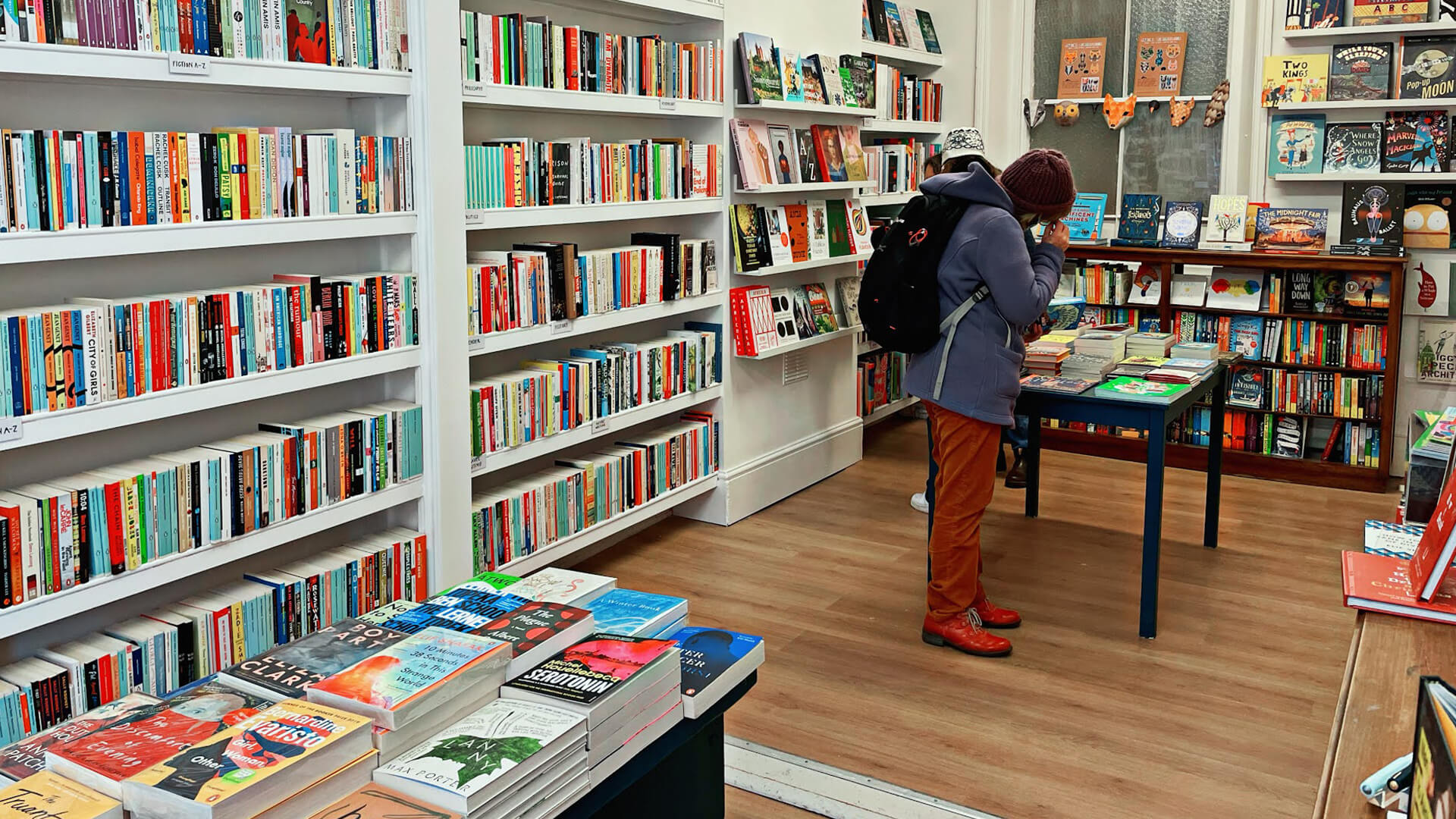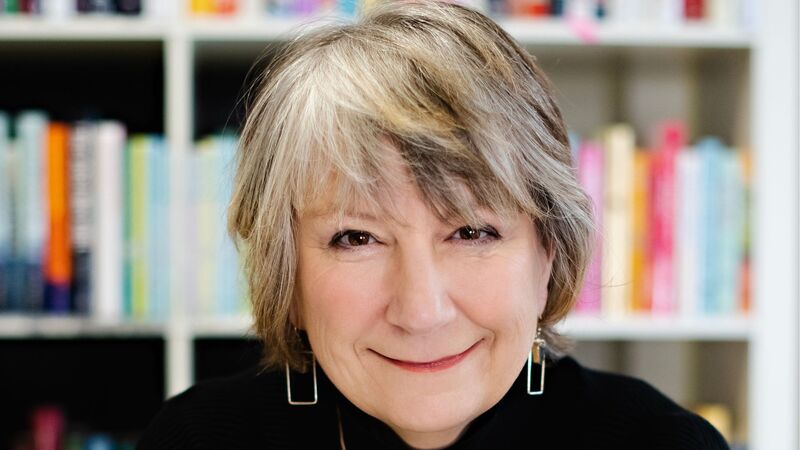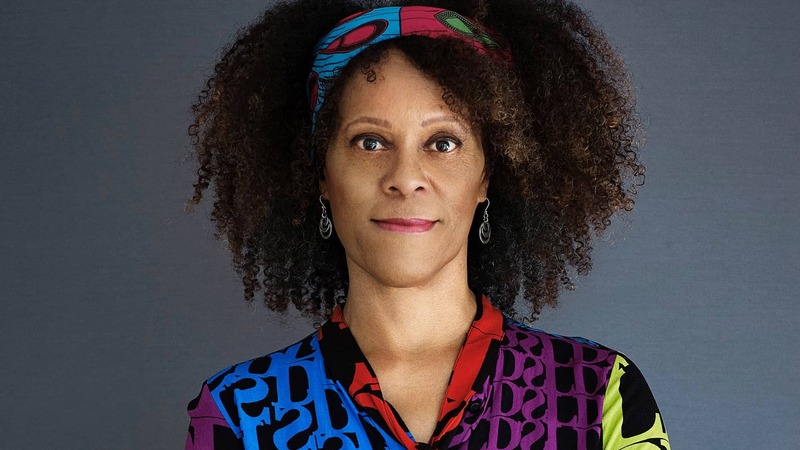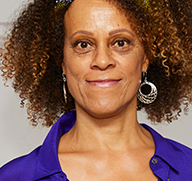You are viewing your 1 free article this month. Login to read more articles.
The Bookseller and Editor

This week’s issue of The Bookseller is the 6,000th edition, a remarkable achievement for any business weekly, a testament to past editors, staff and the paper’s owners, but also to the industry that since 1858 has supported us and everything we do. Well, just about.
It is also an affirmation of the original vision of its founder Joseph Whitaker, whose idea of collating information about new books, as well as providing commentary and gossip about the business, launched a new type of trade magazine. The Bookseller pre-dates the Grocer (1862), the Draper and Clothier (1859), the Chemist and Druggist (1859) and even the Stage (1880).
Whitaker was a campaigning editor. As the agent Rachel Calder writes in an extract from her thesis on the magazine’s founder, Whitaker judged that the better the trade understood itself, the more likely it was to serve its customers well. He pushed for the creation of a trade association and for the education of booksellers. He pushed back on discounting and warned of the power of the big publishers. Writes Calder: “Publishers held the balance of power by controlling the supply of books, creating the potential for misuses of that market power or the exploitation of an unfair advantage. While having no power himself to change these dynamics, Whitaker could at least highlight the risks for booksellers.” He was proud of the magazine’s independence and its own impartial voice, as we still are today.
As this week’s list of the trade’s 150 power-brokers suggests, publishers are still in the ascendancy, with booksellers mighty in voice and influence, yet inevitably smaller in number
We would imagine that the trade in 2022 is more complex, more worrying and more unfair than it was back in the day, but this doesn’t seem to be the case. Authors barely get a mention in early editions of The Bookseller that I have read and according to Calder: “Trust between members of the book trade was in short supply; developing better relations within the trade was one of the outcomes Whitaker wished to achieve with The Bookseller.”
Six thousand issues on, and I wonder how we are doing on that last point? As this week’s list of the trade’s 150 power-brokers suggests, publishers are still in the ascendancy, with booksellers mighty in voice and influence, yet inevitably smaller in number. Not for the first time an author is our 151st, with Alice Oseman top of the tree after a remarkable year. Her rise sums up a lot: a creative whose singular vision for her work, in the case of Heartstopper a webcomic, did not sit easily within publishing’s template, and yet somehow found its way, via a corporate, to readers.
What most shines through in reading those early editions of The Bookseller, Calder’s thesis and the various retrospectives published on the magazine’s 100th and 150th birthdays, is the dedication Whitaker had for the business of books, a commitment the magazine continues today with stewardship passing through a dozen editors and three changes of ownership. As Whitaker himself once wrote: “I threw myself into the work and, for a long time, did nothing else. It never reached my ideal, in fact the work just adapted itself to the requirements of the trade.” Some things do not change.


















